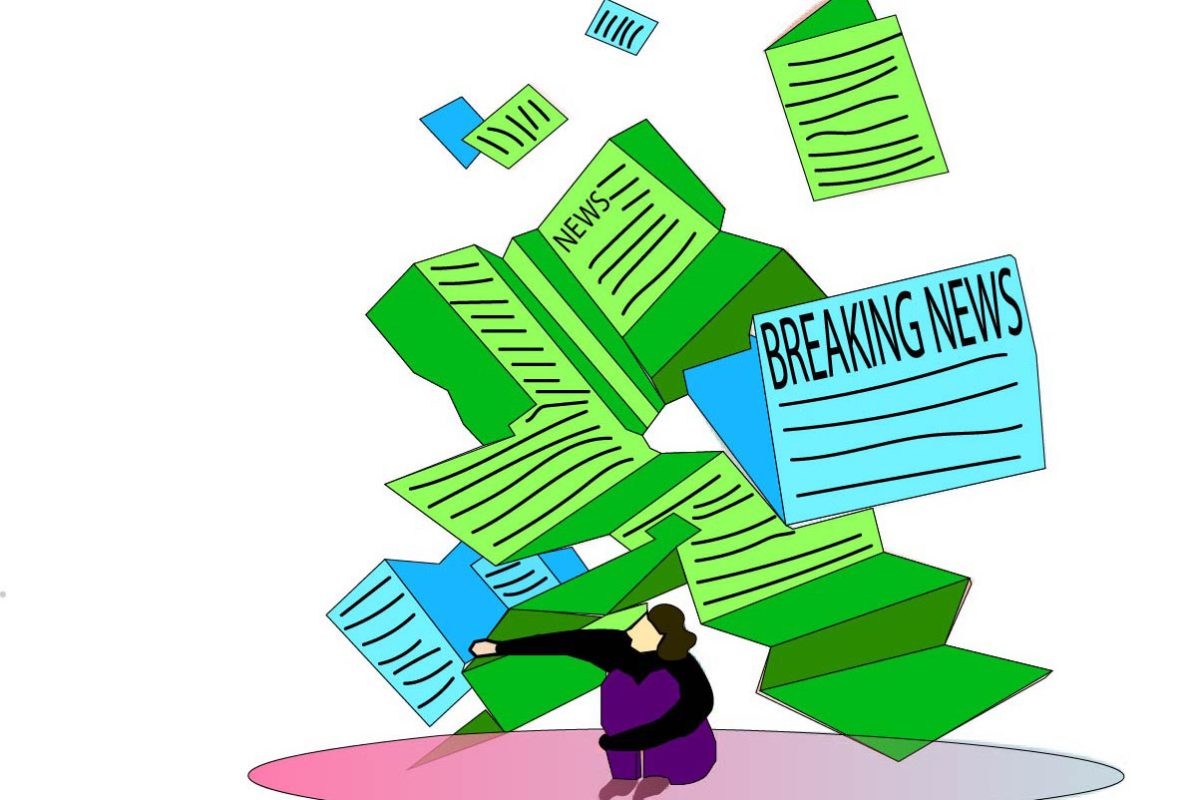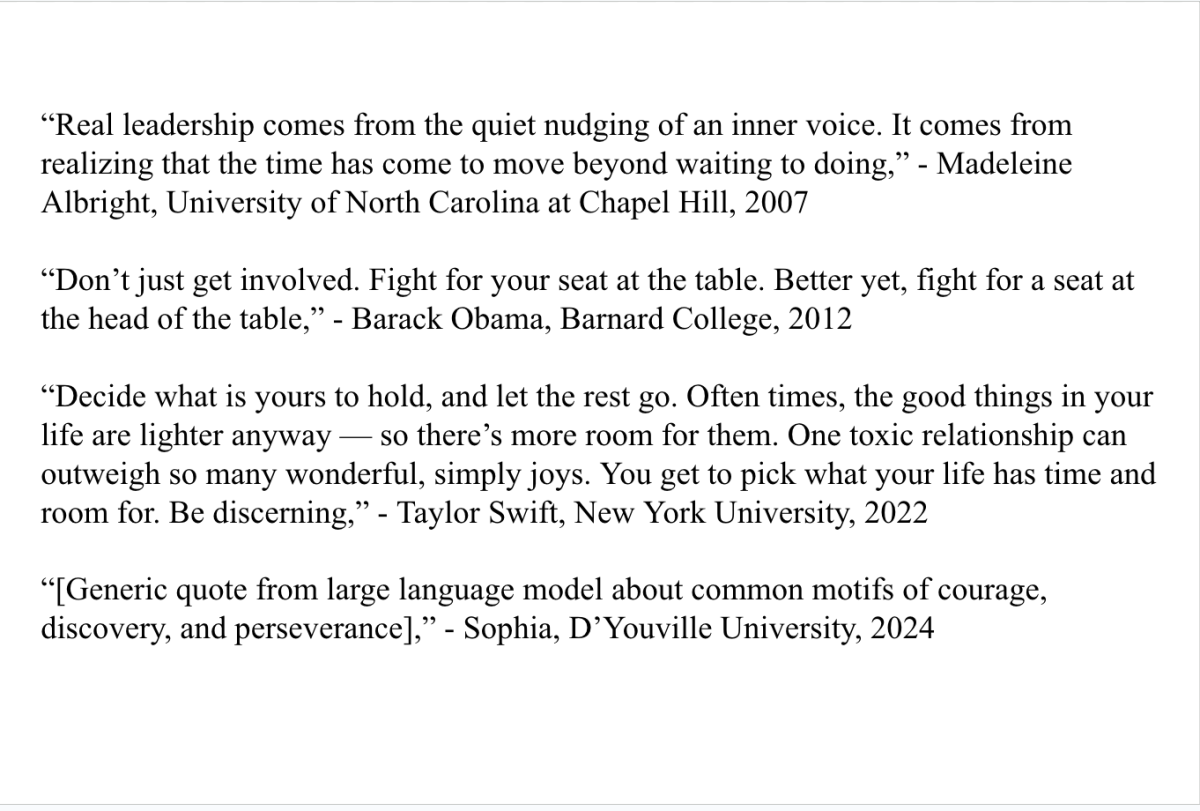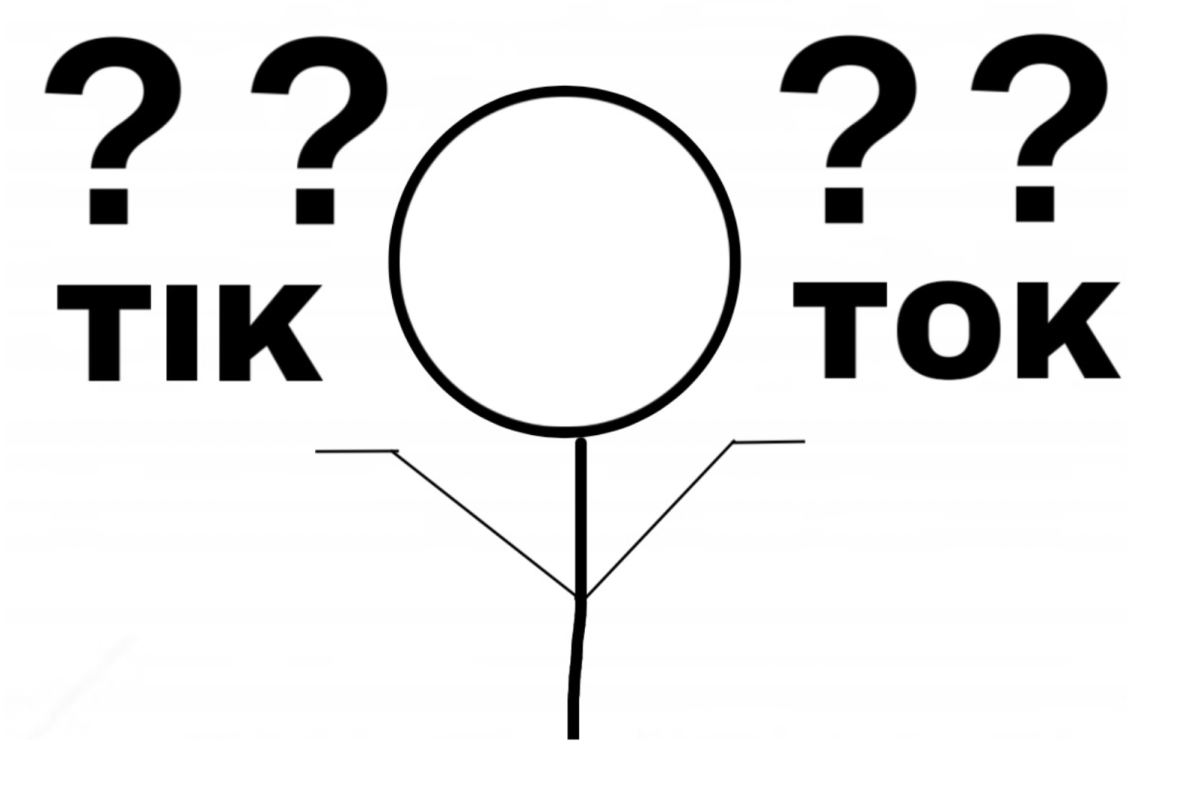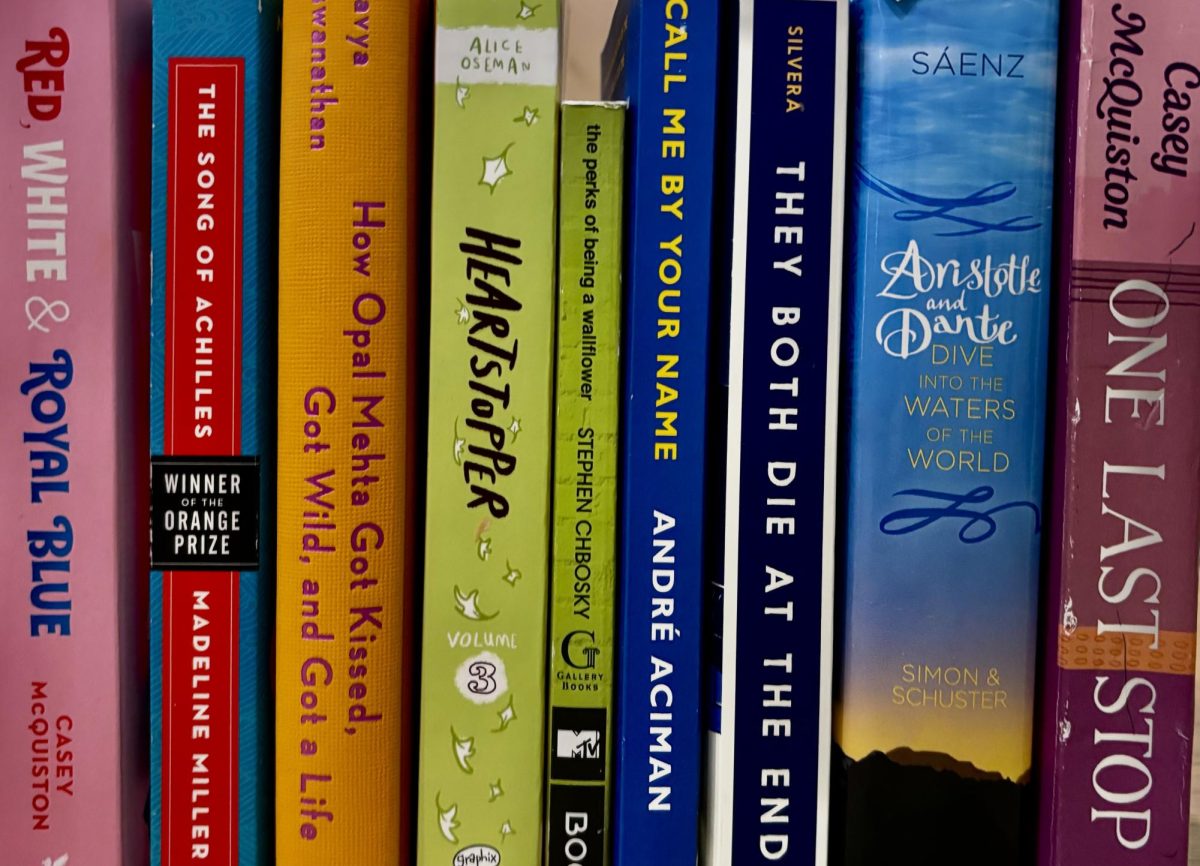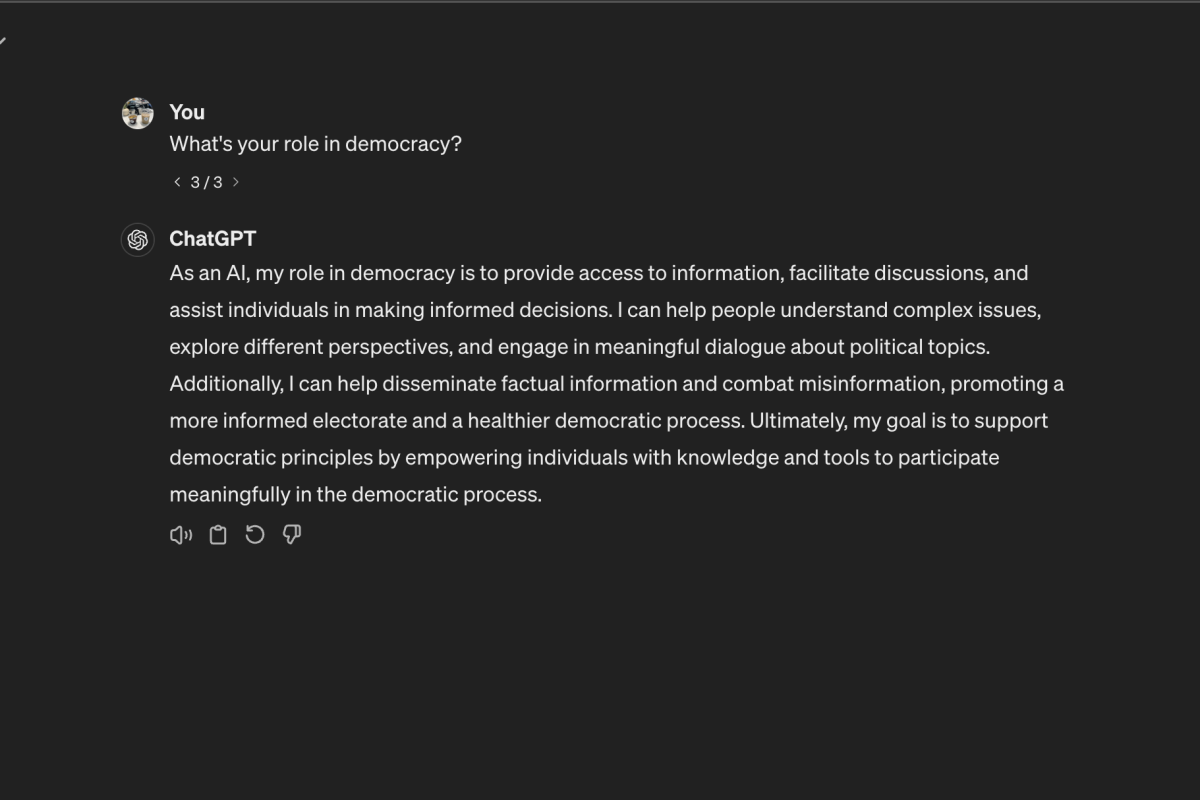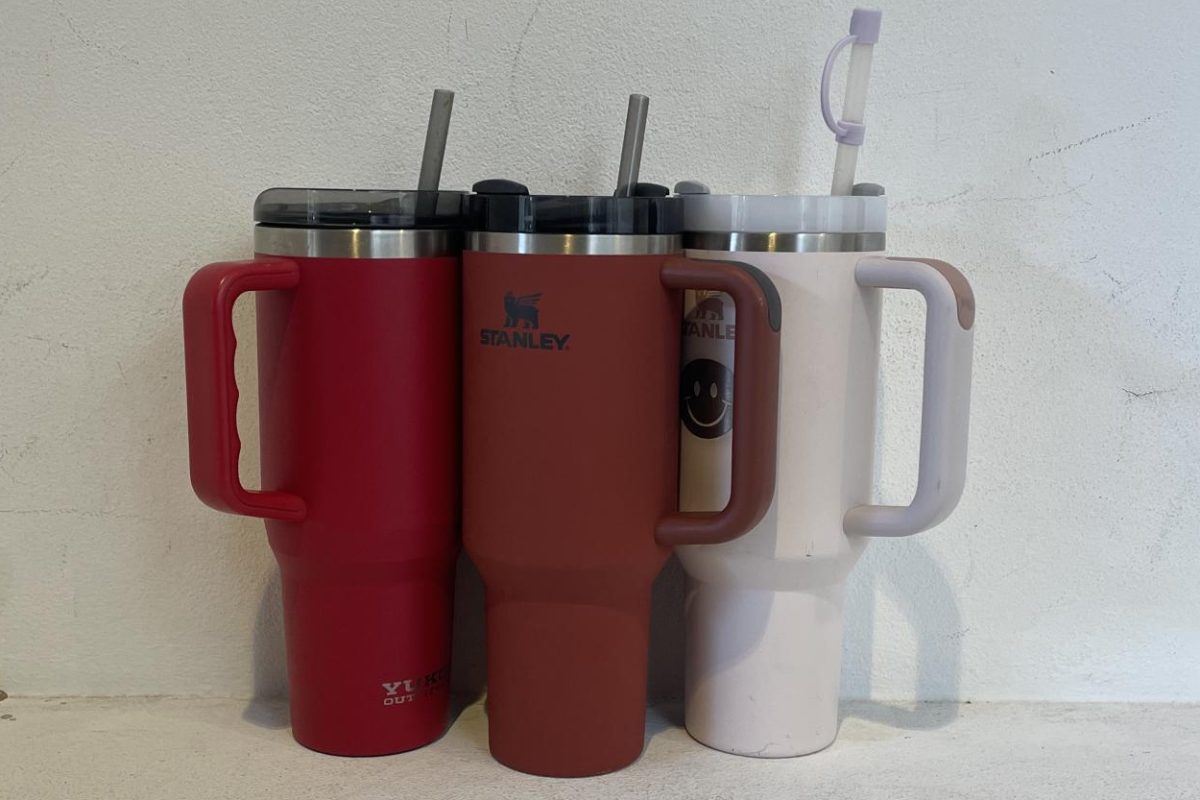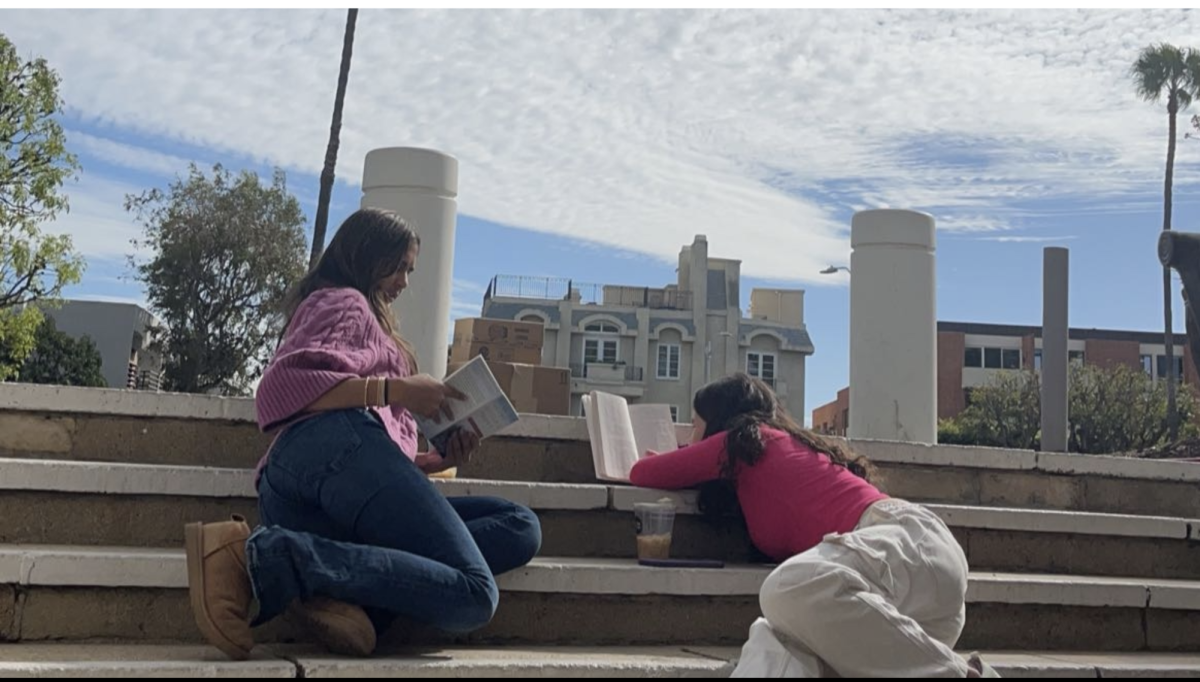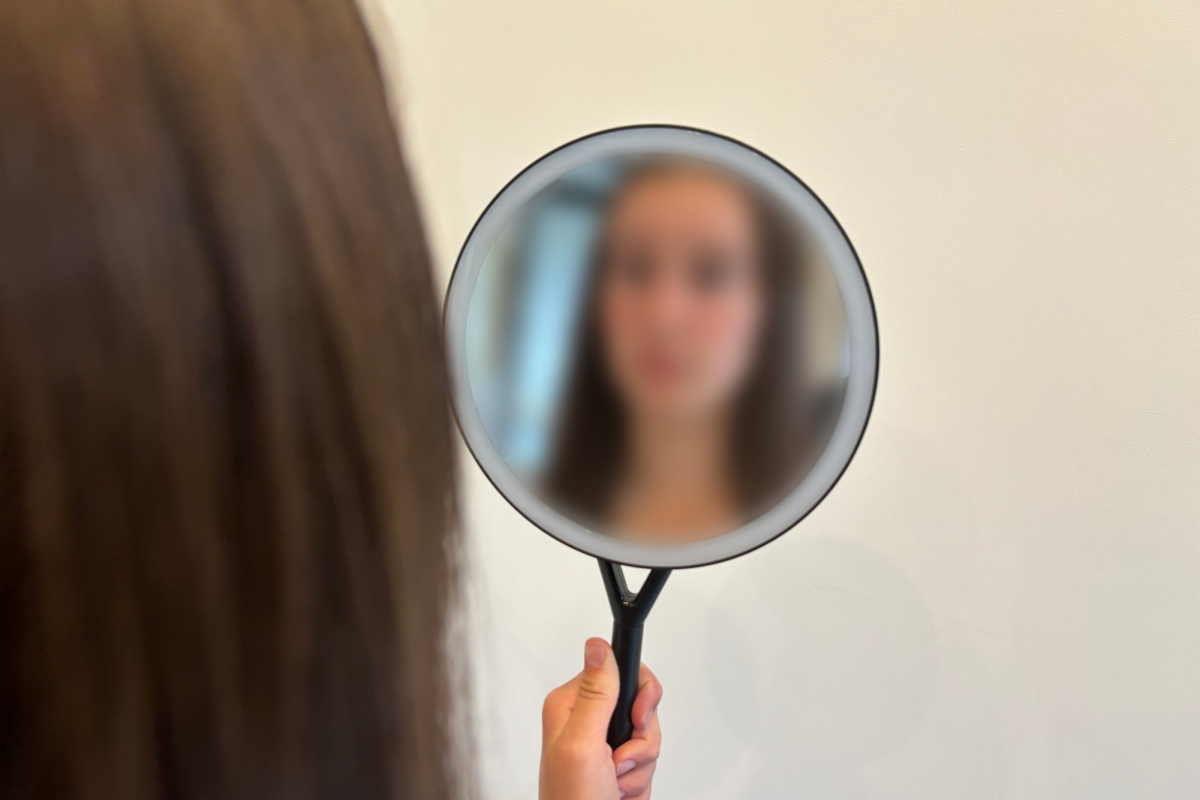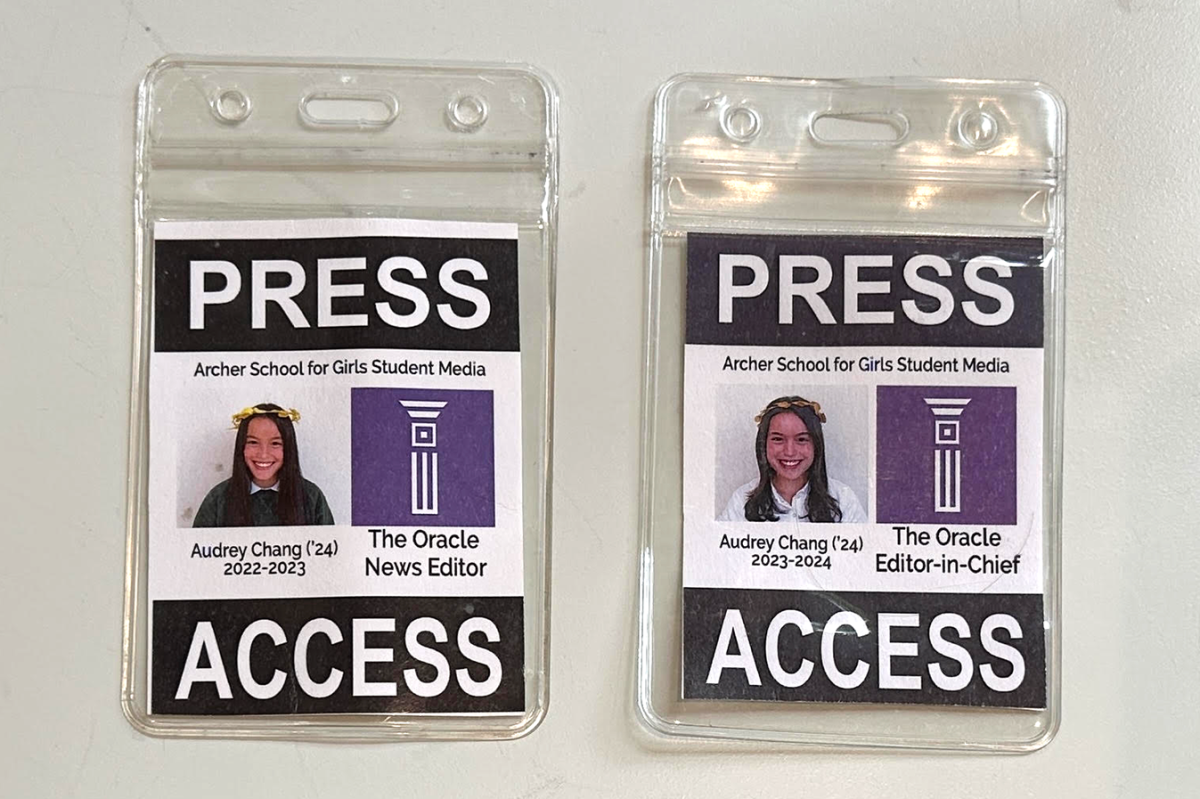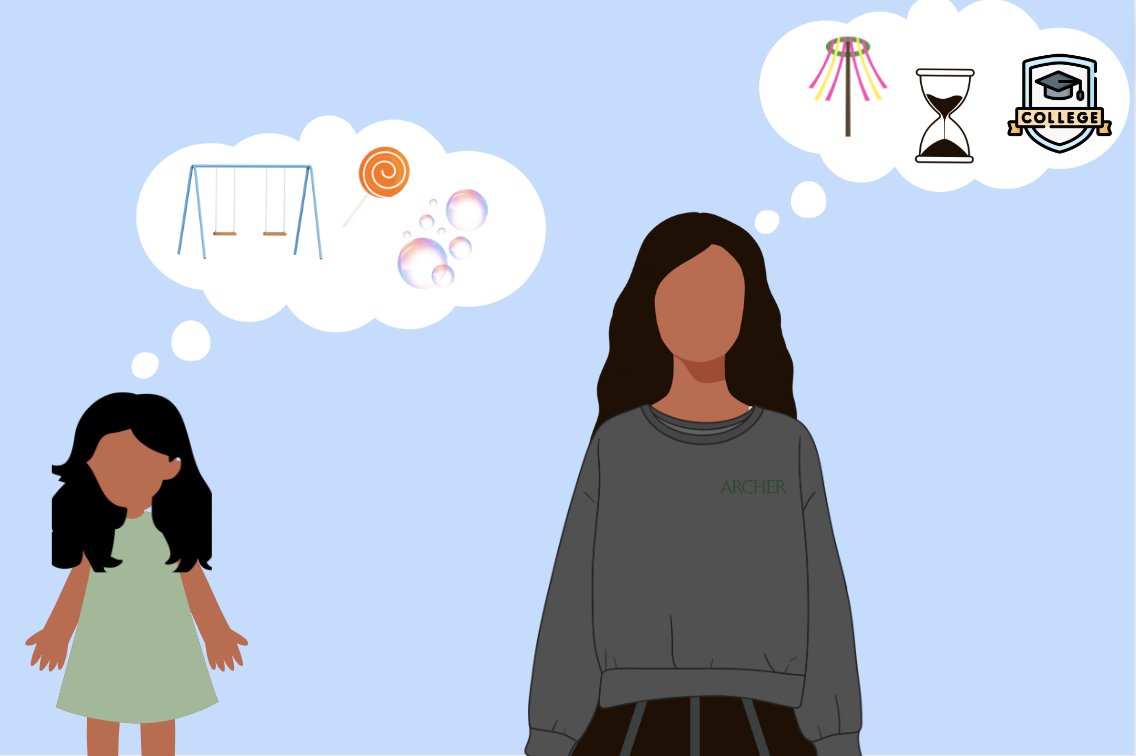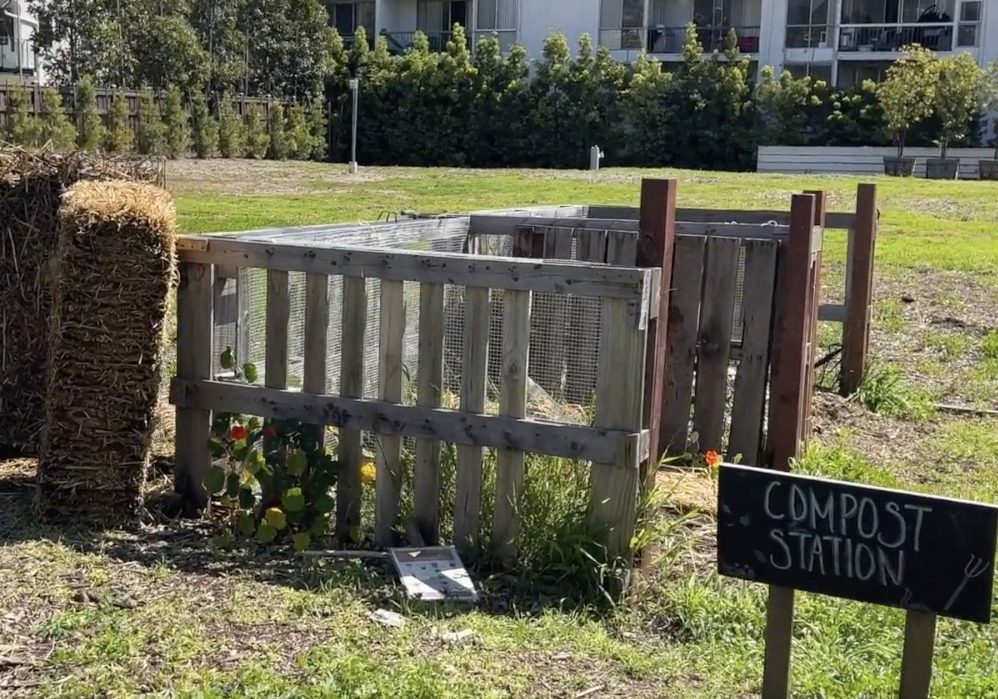Whether it’s kicking back to watch broadcast news reporters on TV in the afternoon, scrolling through New York Times articles online during the commute to school or even opening an old-fashioned newspaper, there are countless ways for people to stay informed about the news.
For the last month, all of these outlets have been highlighting the tragic war in Israel and Gaza. Many people are keeping close tabs on its recent developments, constantly checking some form of the news to stay updated on the attacks and humanitarian crisis. As consumers of the news, we continually hear about increasing death tolls, attacks and hostages. As the stream of devastating news continues, I urge you to consider this question: How often are you checking the news?
In a recent podcast episode from “Chasing Life” by Dr. Sanjay Gupta, a prominent neurosurgeon and CNN’s chief medical correspondent, he calls upon Dr. Gail Saltz, an American psychiatrist, to discuss the toll that violent images from Israel and Gaza can take on our mental health, even from afar. Highlighting the APA’s recent statement about the psychological impacts of violence in the Middle East, Saltz affirms that if you are feeling overwhelmed by recent news, you are not alone.
She specifically discusses the percentage of people who are at greater risk of experiencing an acute stress reaction from this news, which can lead to PTSD. According to Saltz, people who are closer to this violence or know someone who is experiencing it are at higher risk for this stress reaction, which could look like constant anxiety, a loss of appetite or no longer finding joy in previous hobbies.
However, Saltz states that even people who are considered “far” from this news — those who live geographically far away and learn about the events online — can also experience increased anxiety, especially if they have a pre-existing mental health disorder or have experienced previous trauma.
It is extremely important to keep up with the news to be an informed, global citizen. However, I also believe in the importance of protecting one’s mental health, especially during stressful times. Because many of us in the Archer community want to stay informed about the war in Israel and Gaza, it’s easy to forget about our individual and collective mental well-being. In other words, we may not realize the toll constantly checking the news could be taking on our own mental health.
If we do not set boundaries with the news, we may feel too anxious or overwhelmed to continue keeping up with important events. We might even feel burned out. According to a survey done by the American Psychological Association, 56% of American adults who regularly follow the news report that doing so causes them stress. I believe this is a result of not setting adequate boundaries with the news, which leads to higher levels of overall anxiety.
So, I encourage you to reconsider how you are consuming your news. What steps can we take to balance staying informed on global issues and caring for our mental health?
Firstly, consider what type of media you are consuming to stay informed. Are you scrolling on social media for hours each day, only seeing violent images? If so, consider changing your news sources. Social media is less filtered than professional news outlets. Limit your news exposure to a handful of reliable media outlets instead.
Secondly, designate brief and specific times during the day to check for updates, instead of allowing news consumption to dominate your entire day. For example, you could allot 30 minutes to check the news in the morning and afternoon.
Try to incorporate activities that protect your well-being into your daily routine. This could include journaling, listening to music, spending time with loved ones or exercising. Another activity that can support your mental health is volunteering with an organization you support or practicing activism. These activities allow you to channel your stress and concern into a positive cause. Imagine how relaxing it would feel to give your eyes a little break from scrolling through the news and enjoy the scenery on a sunny afternoon walk.
For me, self-care means knowing when to take a moment away from the news, or even from schoolwork. I find solace in spending time with my family and playing the piano. Setting aside time for my hobbies allows me to relax, unpack my feelings and thoughts and feel more energized for the rest of the day.
Where can you find mindfulness and peace in your life?
With this, I urge you to reflect on whether your means of staying informed are sustainable and promote your greatest sense of well-being in the long run. Only by prioritizing a foundation of personal well-being will you be in a position to care for and support your loved ones and take action to make the world a better place.








